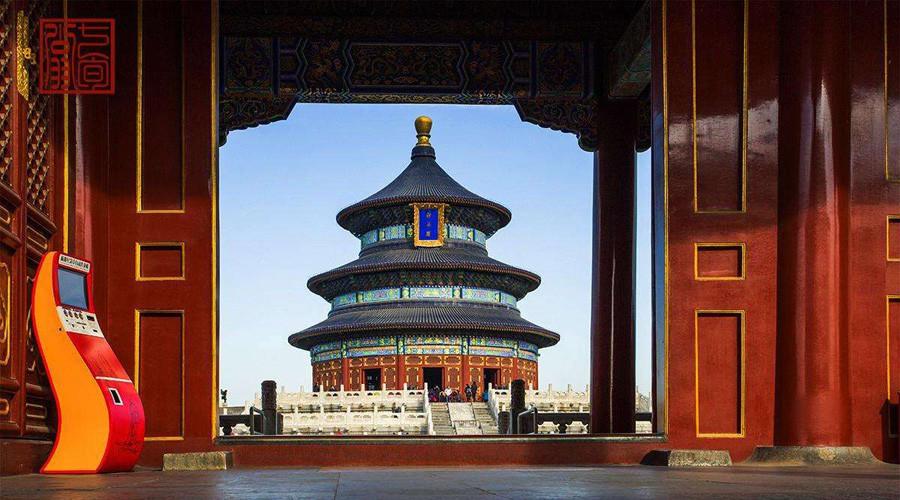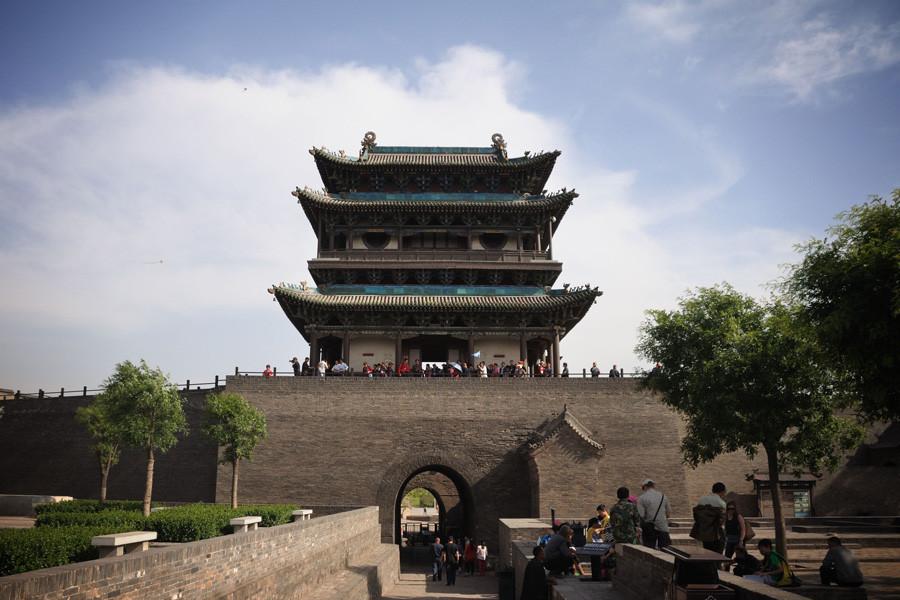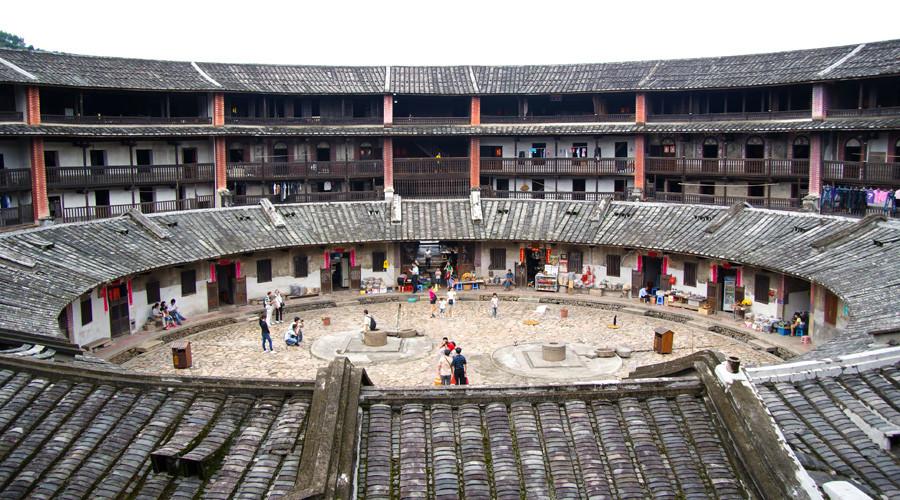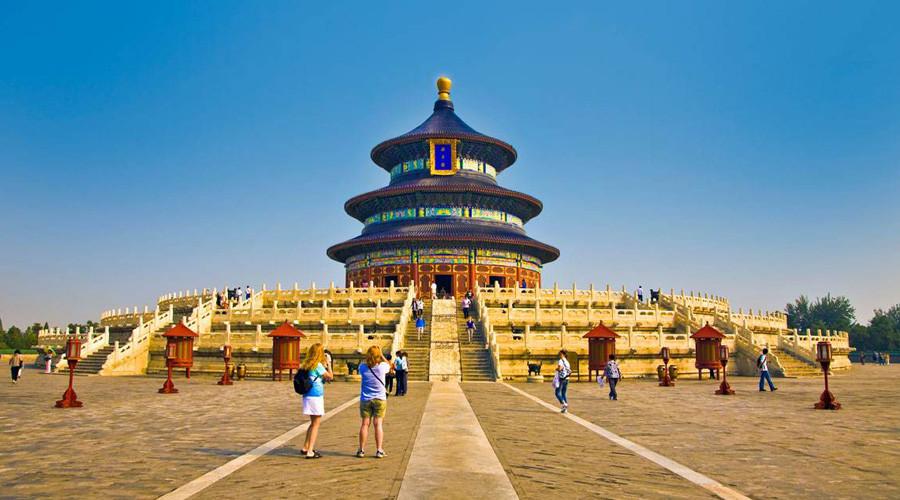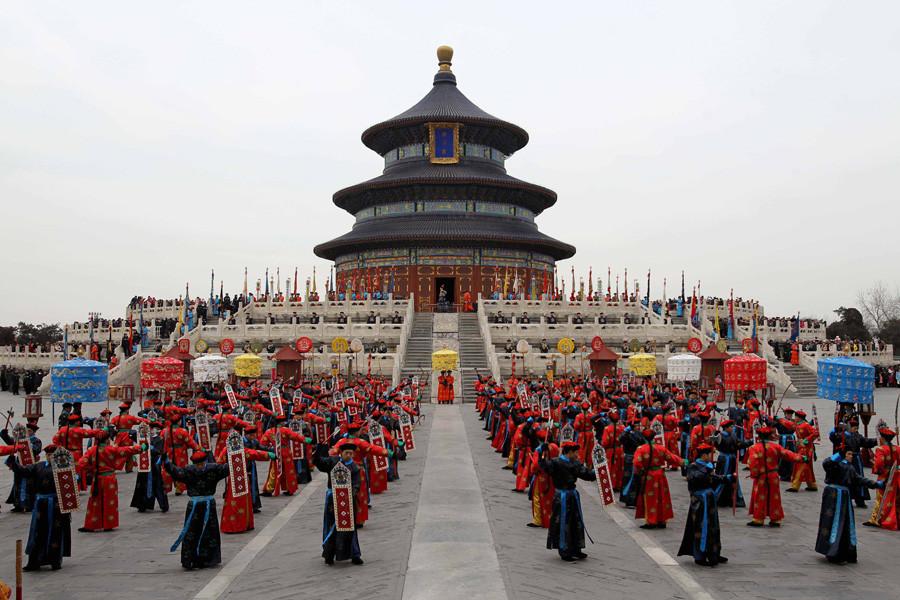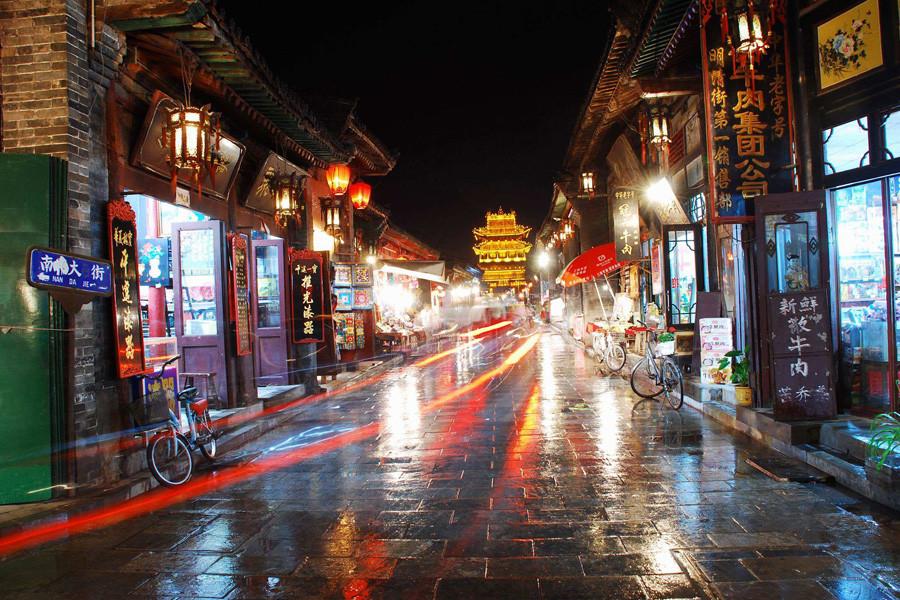
Tongli Ancient Town in Suzhou is one of the destinations in a top 10 list of China's AAAAA scenic areas based on online reputations. (Photo provided to China Daily)
Big data enables strategic decision making, he explains.
For instance, it shows the peak and low seasons, so providers can boost numbers during downtimes, using tactics such as cutting ticket prices.
But China's tourism industry's big data analysis is still in its infancy.
"Big data can be used to summarize tourists' consumption and behaviors, and contribute to academic research of the tourism industry," BISU School of Tourism Management professor Zhang Lingyun says.
"The boom in social-networking platforms will produce more user-generated content, and their comments and travel experiences will largely affect others' decisions."
Experts also discussed the development of China's smart tourism and information-technology applications.
Artificial intelligence is the future of smart tourism, Zhang says. He suggests such possibilities as unmanned transportation and automated tour guides.
Already, augmented - and virtual-reality technologies can be used to vividly render ancient ruins' original splendor.






